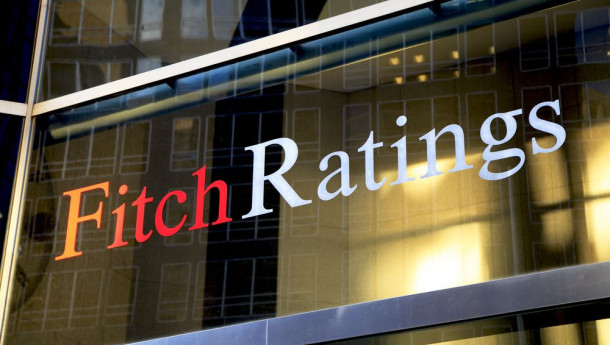
Fitch Ratings has downgraded Hellenic Bank Public Company Limited's (HB) Long-Term Issuer Default Rating (IDR) to 'B' from 'B+' and Viability Rating (VR) to 'b' from 'b+' and placed them both on Rating Watch Negative (RWN). At the same time, Fitch has placed Bank of Cyprus Public Company Limited's (BoC) Long-Term IDR of 'B-' and VR of 'b-' on RWN.
According to a satement, the rating actions reflect Fitch's view that even though the ultimate impact on the economy remains unclear, the risks to the banks' credit profiles from the fallout of the coronavirus outbreak are clearly skewed to the downside.
Fitch's baseline scenario for the eurozone is a sharp GDP contraction this year of 4.2%, before recovering in 2021. We also see downside risks to the estimates due to the rapidly evolving nature of the pandemic. As a result of the challenges, Fitch has changed the outlook on the operating environment for banks operating in Cyprus to negative from stable.
The Cypriot government introduced a sector-wide debt moratorium suspending interest and principal repayment for loans to individuals and companies (with arrears below 30 days as at 29 February 2020) facing difficulties as a result of the crisis until end-2020. At the same time, parliament is debating setting up a government guarantee scheme for loans to SMEs and corporates of up to EUR2 billion.
Although we expect these measures to ease asset quality pressures in the short term, we believe that the banks will remain vulnerable to an adverse scenario of a lengthier stress extending into 2021. At least initially we consider the Cypriot banks to be more vulnerable to corporates and SMEs experiencing distress and drawing down on overdrafts and credit facilities. This is due to the banks' significant exposure to sectors such as tourism, which have been directly impacted by the coronavirus outbreak. The banks are also sensitive to a more permanent rise in unemployment levels in an economy that is highly indebted. To limit short-term impacts of the outbreak on unemployment, the government introduced a wage compensation schemes to protect jobs and avoid layoffs.
We expect asset quality to deteriorate relative to our previous expectations from already weak levels and for earnings pressures to intensify due to lower business volumes and revenues and rising loan impairment charges. We still believe the two banks should remain structurally profitable as long as the coronavirus crisis is short-lived.
The banks' large customer deposit bases provides it with liquidity buffers placed in cash and central bank placements and negligible refinancing risks from their limited wholesale funding. Due to depositor preference in Cyprus, banks should be able to withstand the risk of some volatility in their non-resident depositor base (accounting for about 20% of banks' total deposits), which to date has proved stable. The ECB's EUR750 billion Pandemic Emergency Purchase Programme and the possibility to access targeted longer-term refinancing operations represent additional mitigating factors. Therefore the risks to their funding profiles is a medium-term (eg future market issuance to meet MREL requirements when known), rather than a near-term, risk.


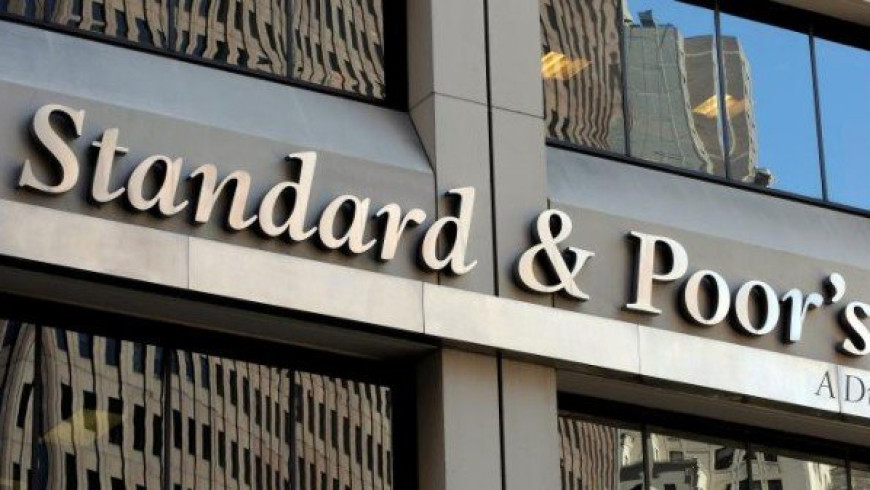

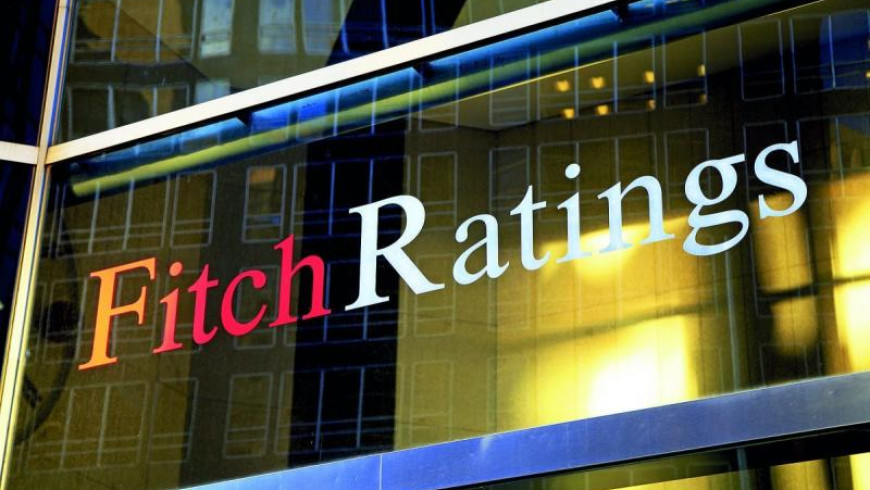

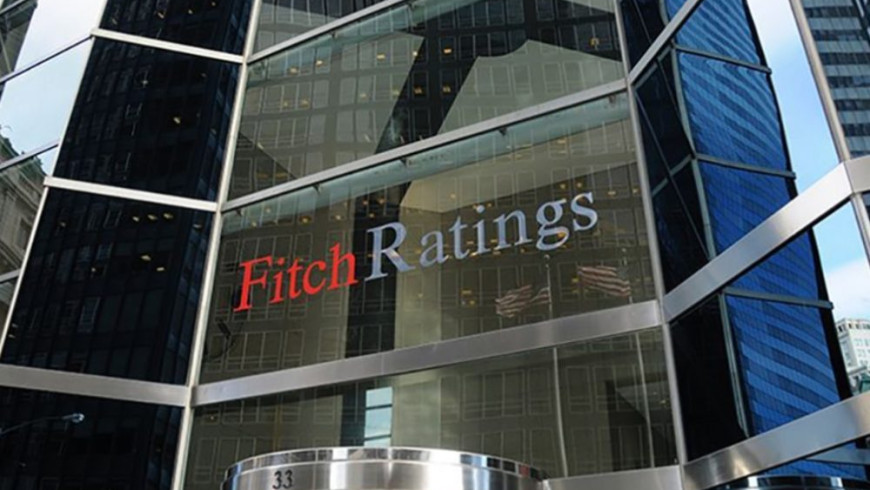
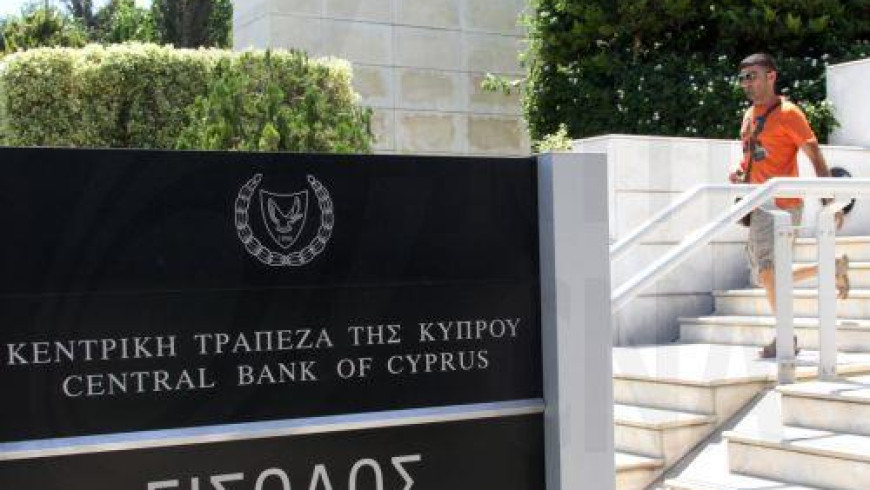






 3287.99
3287.99 1275.09
1275.09
